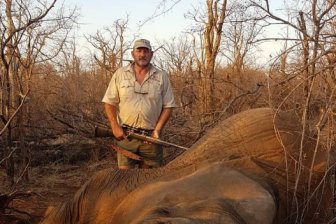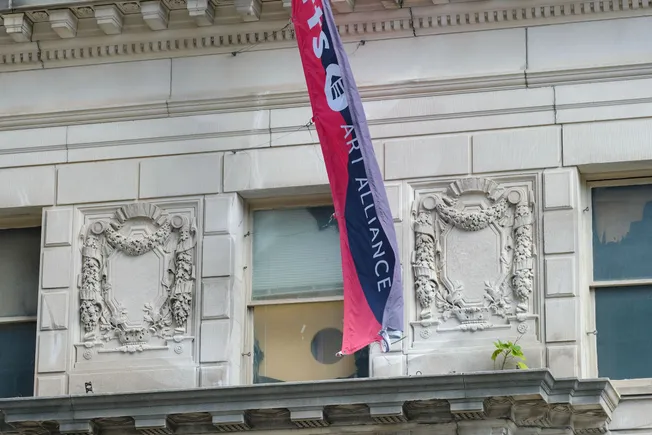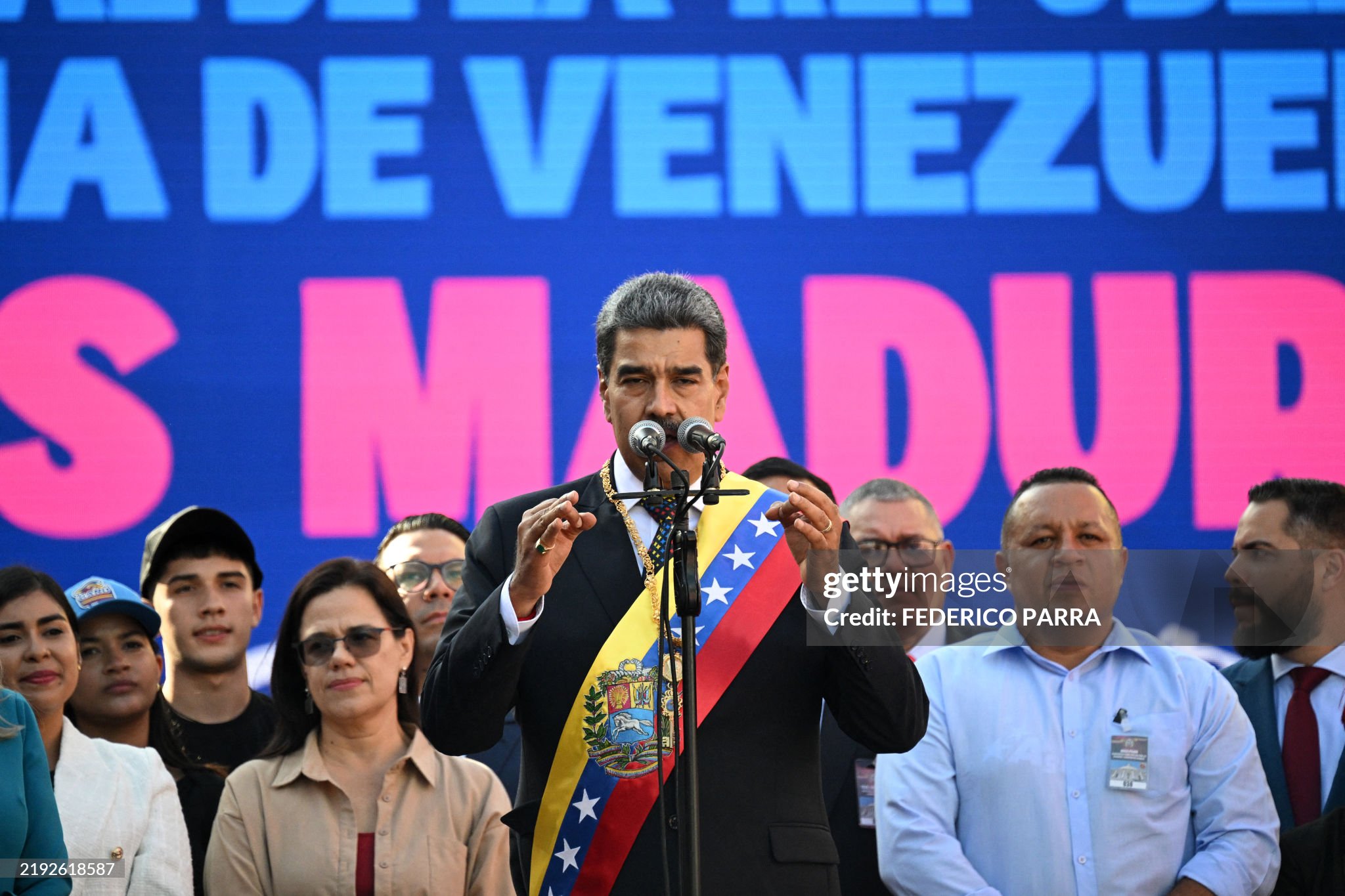With sexual assault allegations against multiple junior hockey players at a 2018 Hockey Canada event in the spotlight, attention has been drawn to the national hockey body’s handling of the incident.
In May, TSN reported that Hockey Canada had settled an alleged sexual assault lawsuit involving eight members of the 2018 World Juniors championship team.
A woman alleged that members assaulted her while she was intoxicated in a hotel in London, Ont., following a Hockey Canada Foundation celebration event.
Read more:
Feds to investigate Hockey Canada sexual assault allegations
On June 2, a motion was passed in Canada’s House of Commons asking the House to “call Hockey Canada before the Standing Committee on Canadian Heritage to shed light on its involvement in a case of alleged sexual assaults committed in 2018.”
Hockey Canada’s president and COO Scott Smith testified on June 20 that the organization has received one to two allegations of sexual assault per year for the past five or six years.
Smith and outgoing CEO Tom Renney said that players were not required to cooperate in the investigation; instead, players were “encouraged” to cooperate.
Prime Minister Justin Trudeau said Hockey Canada’s handling of the allegation is “unacceptable,” adding that “all options are being considered to determine the next step” of the federal government’s investigation of Hockey Canada.

But experts say the allegations are not an isolated incident — there’s a long history of sexual violence and other forms of violence in Canadian men’s hockey. Systemic change with a survivor-centered approach, which requires the needs and wishes of the survivor to be prioritized, is needed to address the toxic code of silence in hockey culture, some gender-based violence prevention experts told Global News.
The failure to protect players from sexual abuse and hazing has been an ongoing problem in men’s hockey in Canada, according to Kristi Allain, an associate professor of sociology at St. Thomas University and the Canada Research Chair in Physical Culture and Social Life.
Allain gave the example of the Sheldon Kennedy case, where the former player disclosed in 1996 that he was sexually abused by his coach Graham James during his time in the Western Hockey League between 1984 and 1990.
James was sentenced to three-and-a-half years in prison in 1997 and the Canadian Hockey Association banned him for life from coaching. After his sentence had expired, James faced more sexual assault charges in 2015 while serving his five-year sentence for abusing former NHL player Theo Fleury.
Read more:
A timeline of Graham James’s legal history
Kennedy’s case was not an isolated incident. In June 2020, former professional ice hockey player Daniel Carcillo and former Lethbridge Hurricanes player Garrett Taylor filed a class-action lawsuit against the Canadian Hockey League (CHL). Carcillo and Taylor alleged that they have experienced systemic hazing, bullying and sexual assault during their time in major junior hockey.
Days after Carcillo and Taylor filed the lawsuit, CHL appointed an independent panel in July 2020 to review the CHL’s policies and practices related to “hazing, abuse, harassment and bullying.” The panel released a report in January 2022, which found that there is an “unspoken code of silence,” allowing misconduct off the ice to become a cultural norm.
Other sports have seen similar problems, including gymnastics. In March 2022, over 70 gymnasts called for Sport Canada to conduct an independent investigation into an alleged toxic culture full of abusive practices in Canadian gymnastics.
Following the allegations, a group of former Canadian gymnasts launched a class-action lawsuit in May against Gymnastics Canada and provincial governing bodies in British Columbia, Manitoba, Ontario, Quebec and Saskatchewan.

Allain said that these problems are interconnected with rape culture and general segregation or violence against women.
“They’re tied to the violent culture of men’s hockey in Canada,” said Allain. “And the code of silence that exists within that culture allows violence to perpetuate.”
Allain said when sexual assault allegations were “being brushed off,” it signaled to her that the career of the alleged abusers is more important than the survivor.
“Hockey is so deeply connected to our sense of national identity … These were athletes that were widely celebrated, they wore the (Canadian) flag on their bodies,” said Allain. “When we celebrate these kinds of men, it tells a story about what kinds of Canadians matter in the Canadian imaginary.
“We look at that team we’re celebrating, often white seemingly straight, young, able-bodied men, and we hold them up as pillars of the nation,” she said. “When they turn around and (allegedly) rape women, we brush that aside.”
According to the Standing Committee on Canadian Heritage, hearings will be convened on July 27 and 28 to further scrutinize Hockey Canada’s response to the sexual assault allegation.
Read more:
NHL’s Victor Mete denies involvement in alleged 2018 sexual assault
Andrea Gunraj, vice-president of public engagement at The Canadian Women’s Foundation, said solutions to end rape culture “have to be systemic.”
Gunraj said “a real vision” is needed in leadership to end abuse, where “survivor-centered approaches” should be implemented to investigate allegations of sexual assault “swiftly and transparently.”
A survivor-centered approach looks at what the survivor wants and how they feel, said Gunraj, adding that “it’s different for different people.”
“Some people want to go through a process to hold the abuser accountable, other people might want services, support and counselling … but it has to be focused on the survivor and not on the well-being of the institution or on the perpetrator,” said Gunraj.
She added that rape culture is about how common these abuses are, and “how we don’t often understand sexual assault” by blaming and shaming survivors and even making excuses for perpetrators.
But to effectively handle the root of the problem, Gunraj said the right policies and practice framework is the key to prevention.
“Policies and practices impact the way we look at the issue — what we take things seriously and what we don’t take seriously,” said Gunraj. “I think it’s important to have that as your baseline.”
What has been done so far?
In 1997, Hockey Canada developed the Speak Out! program in an effort to “educate and prevent bullying, harassment and abuse in hockey across Canada,” according to the organization’s website.
In a statement released on June 20, Hockey Canada CEO Tom Renney told the committee that the organization “is on a journey to change the culture of our sport and to make it safer and more inclusive.”
“We acknowledge that issues of maltreatment — including bullying, harassment, racism, homophobia and sexual abuse — exist in hockey, as they do in other sports and in our society,” the statement reads, adding that Hockey Canada has been “working on this since well before the London incident.”
Hockey Canada did not respond to Global News’ request for comment about its commitment to end sexual abuse in time for publication.

However, Allain noted that anti-sexual violence training could get ignored if leaders “don’t take it seriously.”
“A lot of teams now have anti-sexual violence training, but I’ve heard from players that coaches and team personnel often suddenly undermine that … they don’t take it seriously,” said Allain. “And when they’re not taking it seriously, the athletes don’t take it seriously.”
Gunraj said this type of training can take a peer leader or peer-to-peer approach.
She said institutions should have peer leaders trained by people who are in the gender justice sector, so they can pass on the knowledge to their younger peers.
Allain said the hockey sector must open up to experts from various areas to “disrupt the common sense that these forms of violence are okay.”
“If men’s hockey wants real change, it needs to open itself up to real change and that means welcoming in voices that have not been welcomed in the past,” she said.
As far as prevention goes, Kim Dubé, a PhD candidate at the School of Social Work at the University of Ottawa, said there is a “boy’s club culture in sports that is being encouraged.”
“Obviously I don’t think it’s every athlete is in that culture; however, the boys’ club culture is being tolerated and overlooked,” said Dubé. “Nobody is going to want to stand up in the locker room because, if you do stand up, your entire team is probably going to tell you to shut up.”
Dubé said society should not make “misogyny, sexism, homophobia, racism and colonialism a norm,” where people “just tolerate it because they’re good athletes.”
“We have to make athletes feel comfortable standing up to their teammates and saying, ‘No, that’s not cool.’”
“Sports should be fun,” said Dubé. “It’s supposed to be fun, it feels relaxing, helps make you healthy. It shouldn’t be a place where you should fear being assaulted.”
© 2022 Global News, a division of Corus Entertainment Inc.























Discussion about this post